There’s this comforting idea that nature always bounces back, no matter what we do to it.
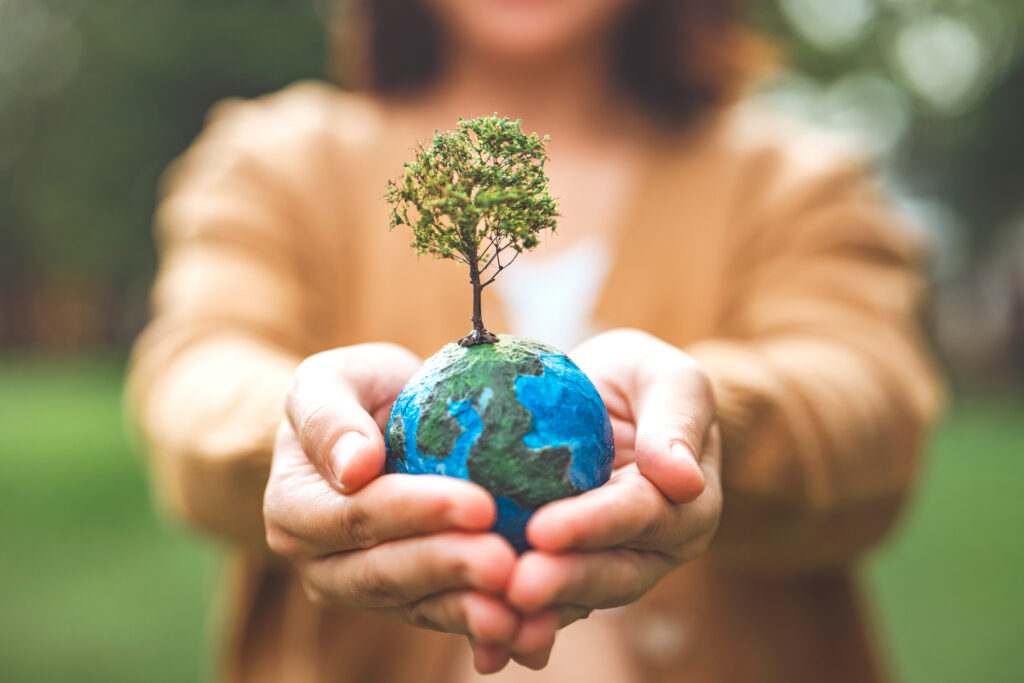
While ecosystems are incredibly resilient, that doesn’t mean they’re invincible—or that we can keep treating the planet like it’ll just sort things out on its own. A lot of the most harmful environmental attitudes aren’t loud or malicious. They’re quiet, passive, and usually sound like common sense. But left unchecked, these beliefs stall progress and excuse inaction. Here are some of the most common ideas people keep repeating that are doing more harm than good.
1. “Nature always finds a way.”
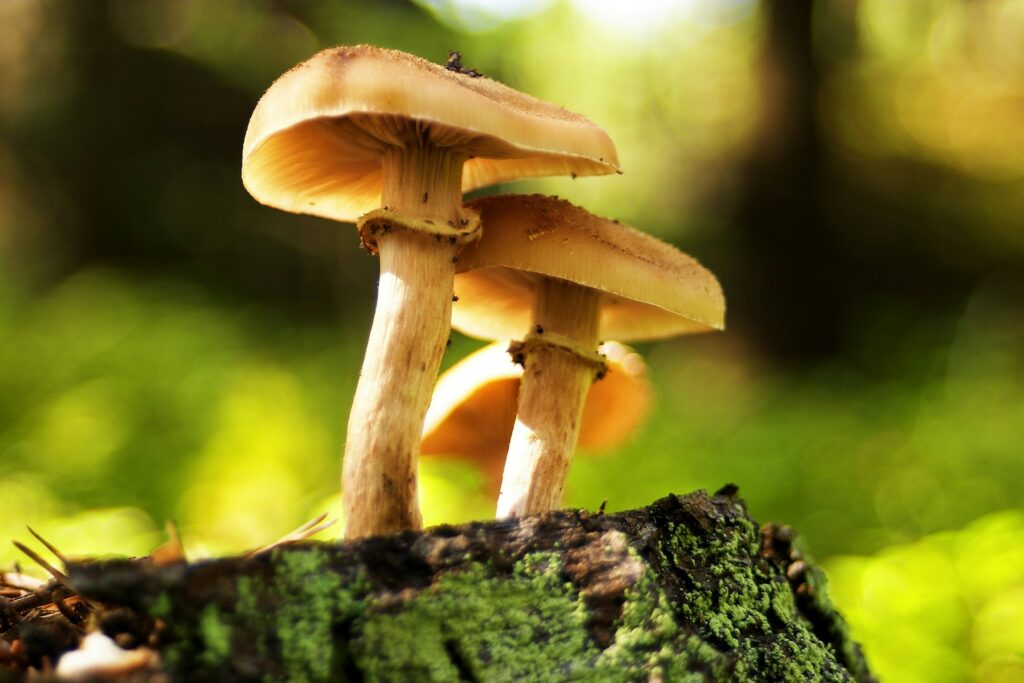
Yes, ecosystems adapt, but that doesn’t mean they recover in the way we imagine. Species can become extinct while others fill the gap, but that change often leads to less diversity and long-term damage. Just because something survives doesn’t mean everything is fine.
Framing nature as endlessly self-correcting ignores the fact that some damage is permanent. Once a rainforest turns into a savanna or a coral reef bleaches beyond recovery, there’s no tidy bounce-back. Sometimes, what’s lost really is lost.
2. “We’ve got bigger problems to worry about.”

This one usually gets pulled out during a political debate, often when someone brings up climate or conservation. However, the environment isn’t a separate issue. It’s the backdrop to everything: food, health, housing, safety. If we let it fall apart, everything else follows.
Putting it on the back burner means we end up dealing with bigger messes later. And the people hit hardest usually aren’t the ones who caused the damage. Ignoring environmental problems just shifts the burden down the line.
3. “One person can’t make a difference.”
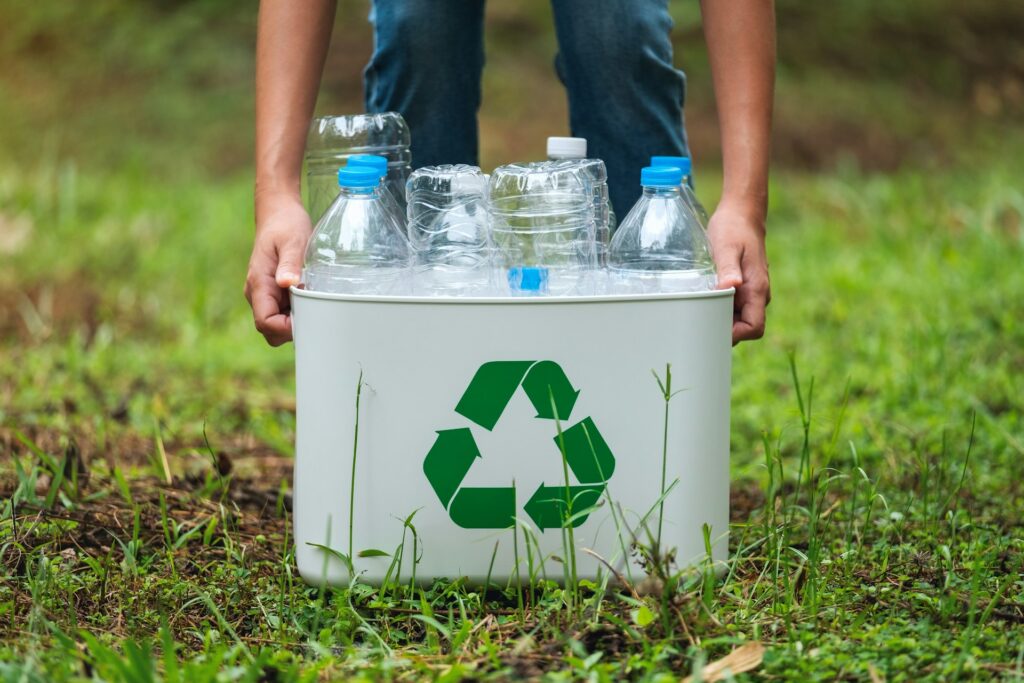
This belief is the perfect excuse to do nothing. It shrinks individual choices into meaninglessness, even though collective change always starts with individual shifts. It’s not about doing everything—it’s about doing something, and encouraging others to do the same. Most social and environmental movements began with small, committed groups who didn’t wait for permission. Even if you don’t see the ripple effects right away, your habits, voice, and choices do matter.
4. “Animals will just move somewhere else.”
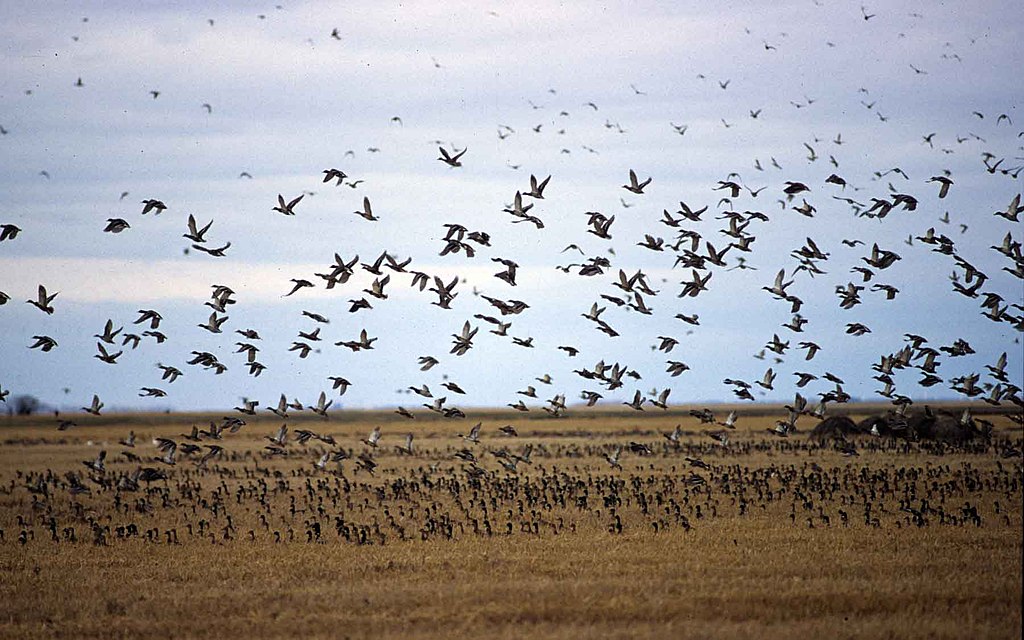
Not everything has the option to relocate. Habitat loss—whether through deforestation, urban development, or climate shifts—traps many species with nowhere to go. Migration sounds simple until you remember most of Earth’s wildlife is deeply tied to specific conditions.
Coral reefs, mountain species, island dwellers—they don’t get to pack up and head for a new postcode. And when one species disappears, it can throw off entire ecosystems. It’s not just about the animals; it’s about everything connected to them.
5. “There’s still loads of green space.”

On the surface, this sounds true. You can still see trees, fields, and parks. However, green doesn’t always mean biodiverse or ecologically healthy. A monoculture crop field or neatly trimmed lawn doesn’t do what a thriving wetland or wild meadow can. Real wild spaces are disappearing faster than most people realise. What replaces them is often designed for human comfort, not ecosystem balance. We need to stop judging health by surface-level greenery.
6. “Technology will solve it.”
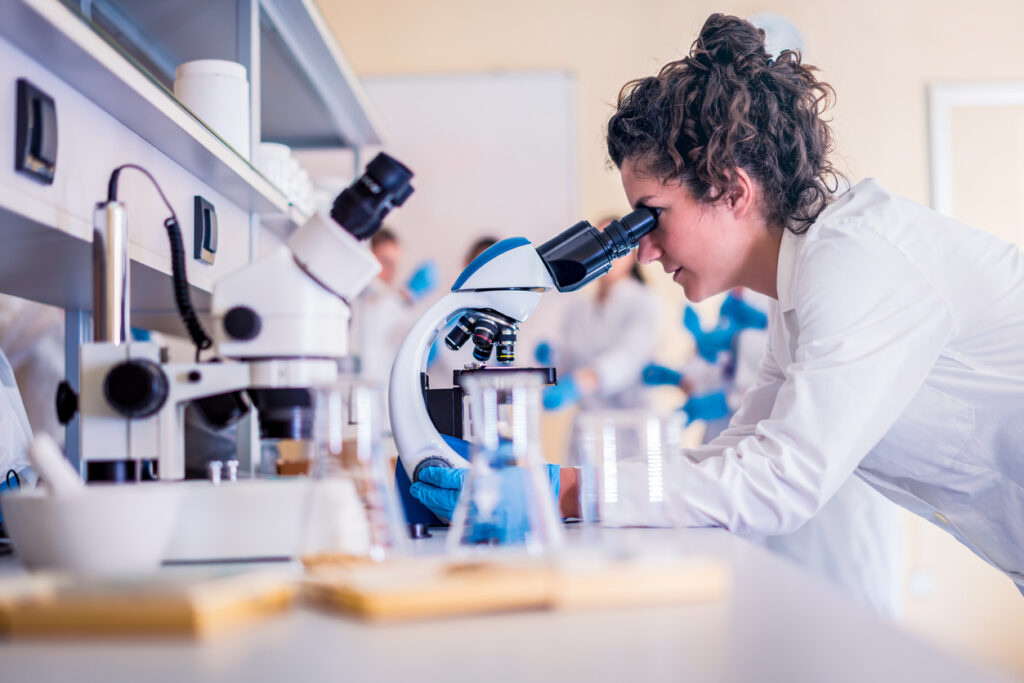
Tech has amazing potential—renewable energy, carbon capture, and rewilding tools can absolutely help. But relying on future fixes lets us delay action now. Most of the damage happening today isn’t from lack of innovation—it’s from lack of political will. Technology can be part of the solution, but it won’t rescue us from all consequences. We still have to change how we live, produce, and consume. There’s no shortcut around that part.
7. “We recycle, so we’re doing our part.”
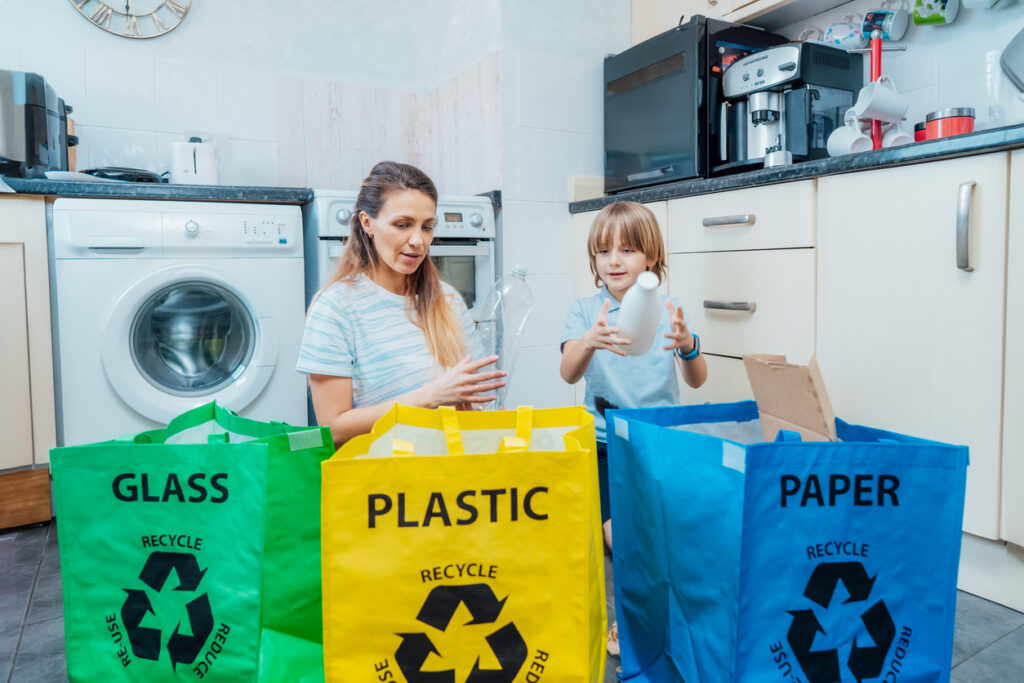
Recycling is good, but it’s not the environmental gold star it’s often made out to be. A lot of what goes into recycling bins doesn’t actually get recycled. And the system depends on clean sorting, low contamination, and functioning infrastructure—not just good intentions. It’s more effective to reduce, reuse, and rethink our habits before we even get to recycling. If we’re producing more waste than we can manage, no amount of blue bins will fix that.
8. “Climate change is just part of Earth’s natural cycle.”
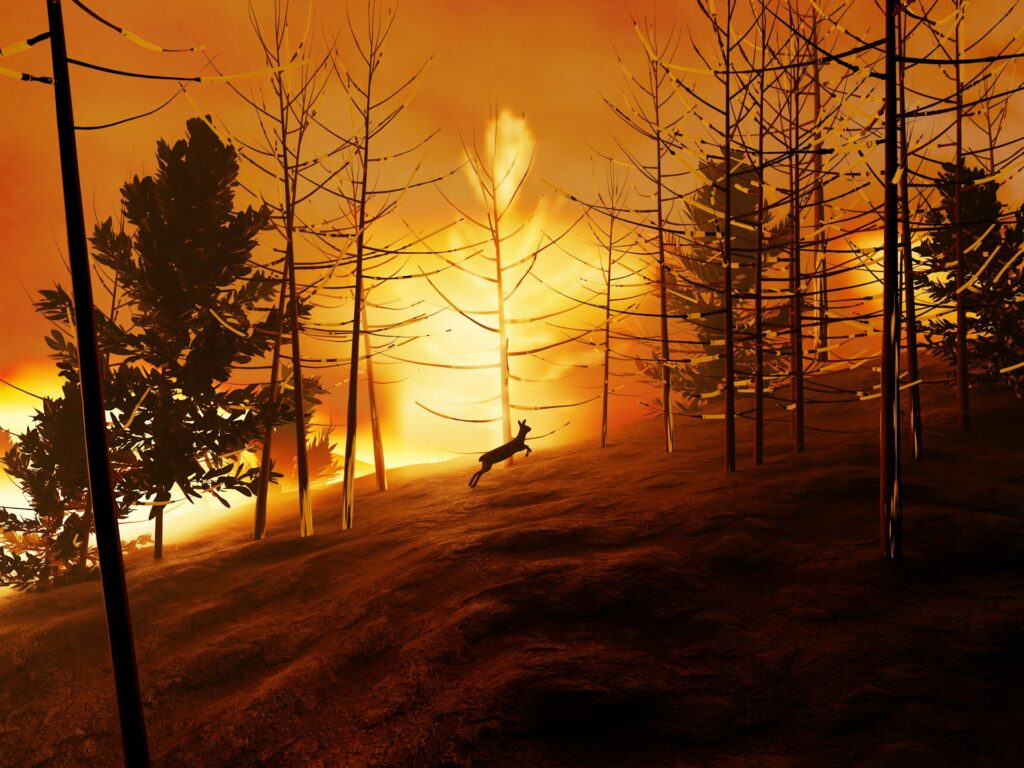
Earth’s climate does go through cycles—but what we’re seeing now is happening at an unnatural speed and scale. The evidence for human-driven climate change isn’t vague—it’s overwhelming, and backed by decades of data. Using natural cycles to dismiss human responsibility is like blaming gravity for falling down a staircase you pushed someone down. It misses the point entirely.
9. “I’ll be dead by the time this matters.”
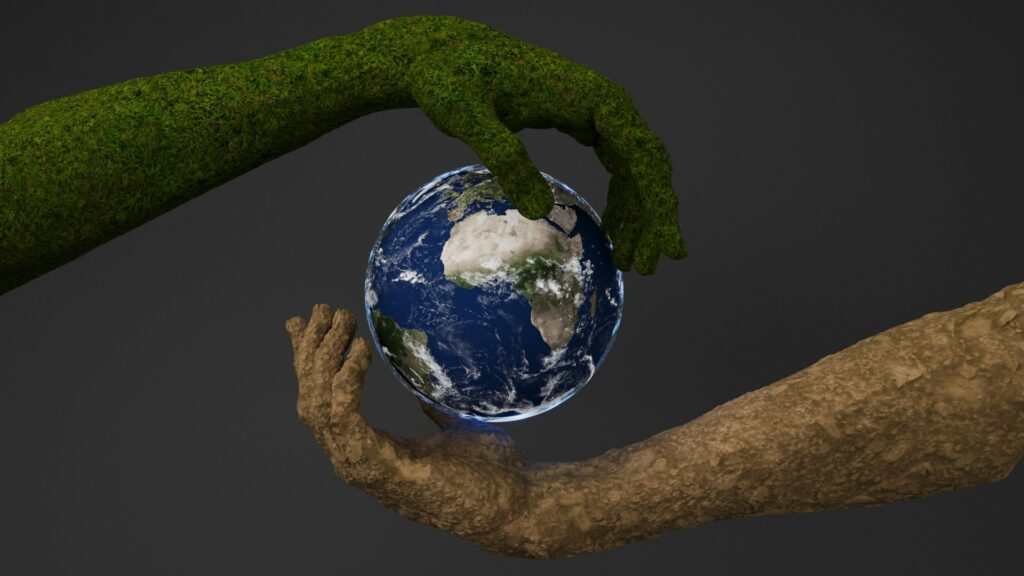
This one’s as bleak as it is selfish. It assumes that only the distant future is at risk, when climate impacts are already happening—through floods, fires, heatwaves, and food insecurity. People alive right now are already feeling the effects. Even if someone doesn’t care about future generations, they’re still likely to experience the consequences in their own lifetime. This isn’t a tomorrow problem—it’s a now one.
10. “The government will sort it out.”
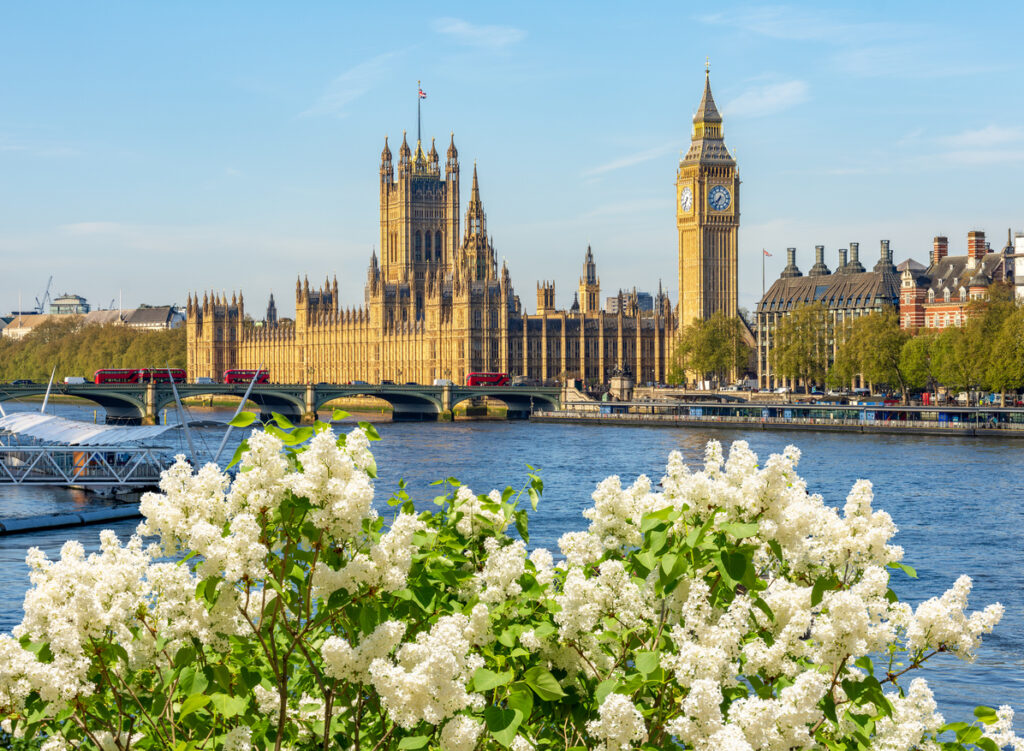
Waiting for top-down solutions is a great way to stall meaningful change. Governments play a crucial role—but they’re often slow to act, heavily lobbied, or distracted by short-term politics. Public pressure is usually what gets them moving. Progress often comes when citizens organise, vote, protest, and demand better. The system won’t just magically fix itself from the inside—it needs people to push it along.
11. “It’s not that bad here.”
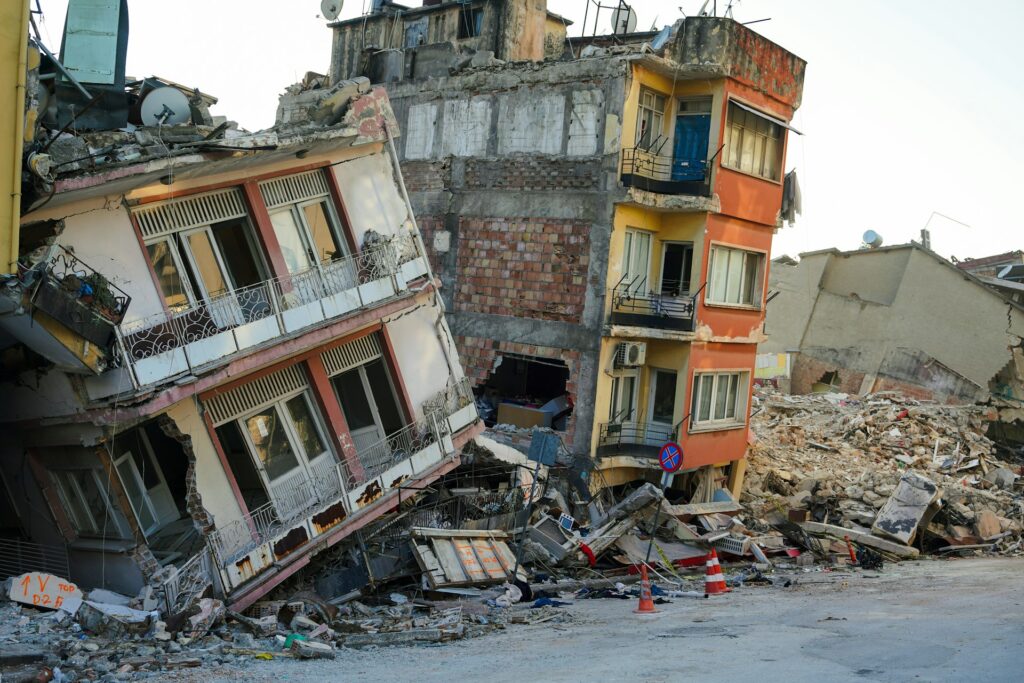
Just because your local area looks fine doesn’t mean it’s safe. Environmental issues are often invisible until it’s too late—biodiversity loss, soil degradation, pollution buildup. And they don’t respect borders. Assuming everything’s fine based on a snapshot of your immediate surroundings leads to apathy. It’s like saying your house is tidy while the rest of the neighbourhood is on fire.
12. “Eating local is all you need to do.”
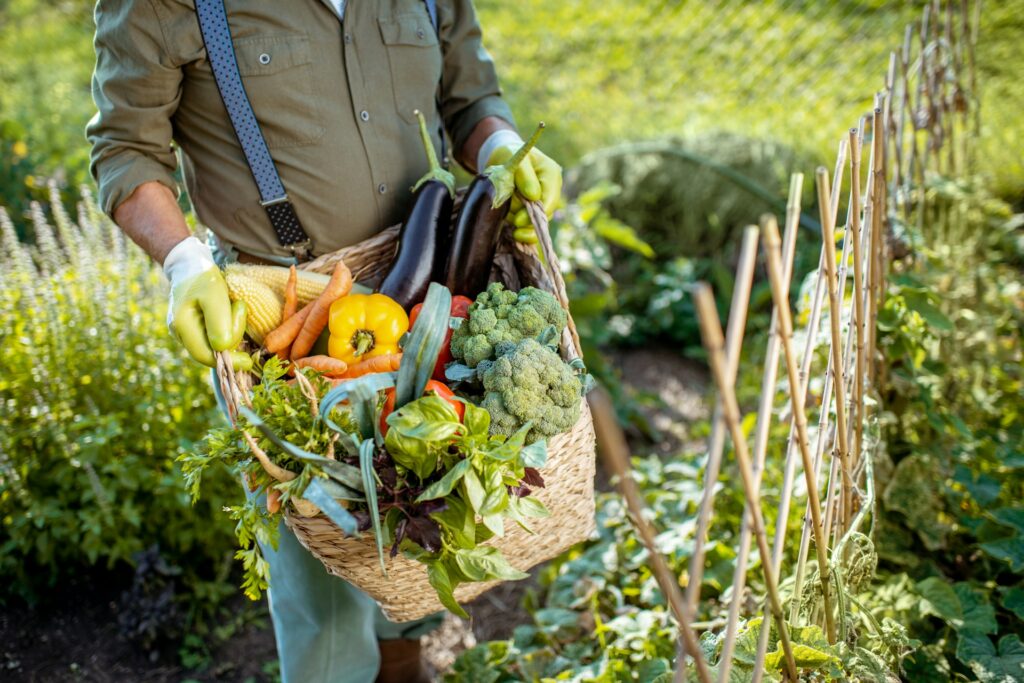
Buying local is a great start—but it doesn’t automatically make something eco-friendly. A steak raised five miles away might still have a bigger environmental impact than a plant-based meal flown in from Spain. The full picture includes water use, emissions, land impact, and waste, not just distance. Local helps, but it’s not a free pass. We still need to be thoughtful about what, how much, and why we consume.
13. “Nature is stronger than we are.”
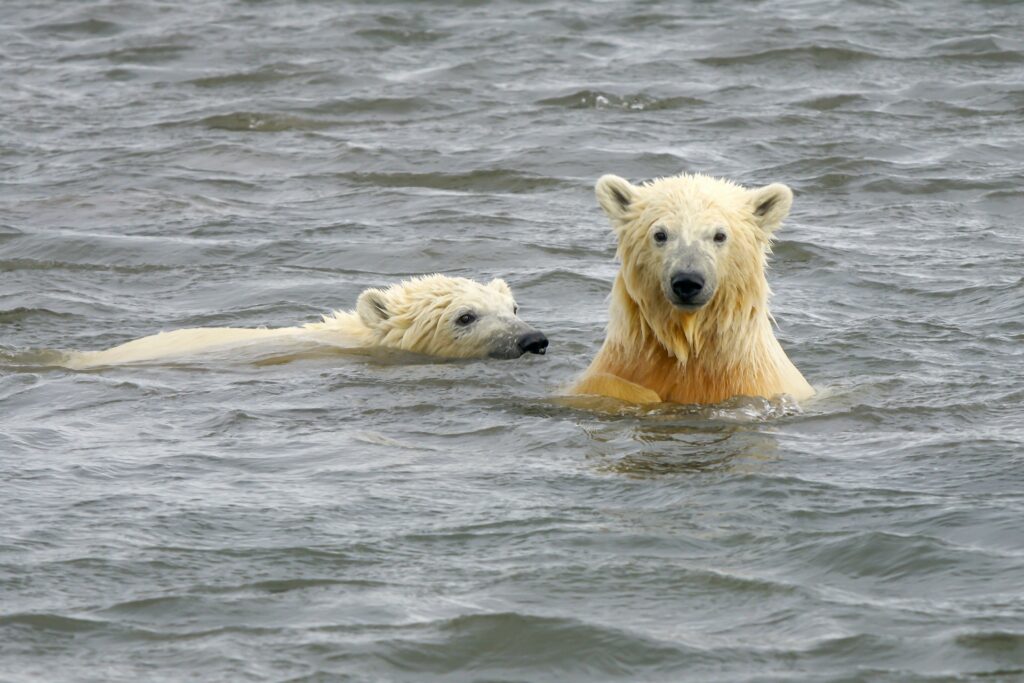
In the long run, yes—Earth will likely carry on in some form. However, that doesn’t mean it’ll remain liveable for us or the millions of species we share it with. The planet doesn’t need saving. We do. This belief often gets used to justify inaction. But ecosystems can collapse, food chains can break, and species can vanish forever. Strength isn’t the same as immunity, and we’re not as separate from nature as we think.
14. “Everything will balance out eventually.”
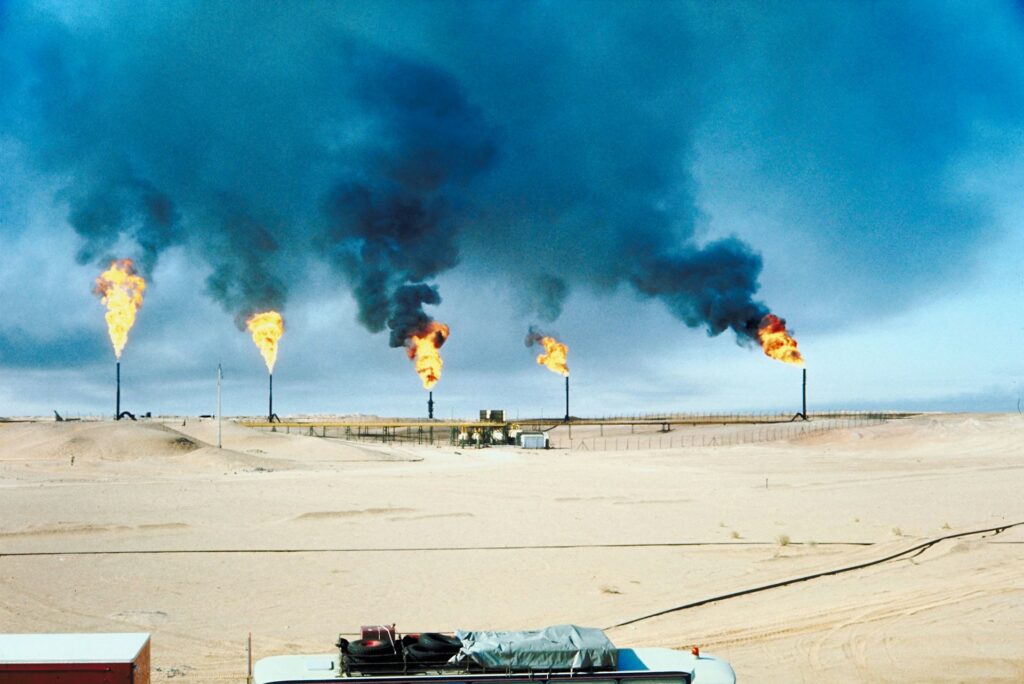
Balance can happen, but it might not look like the world we know and love. Ecosystems collapse into new, less complex versions of themselves all the time. What rises from the ashes might not include the species, climates, or comforts we depend on. Hoping things will sort themselves out without effort is a luxury we no longer have. The future is still ours to shape—but only if we stop waiting for nature to do all the heavy lifting.